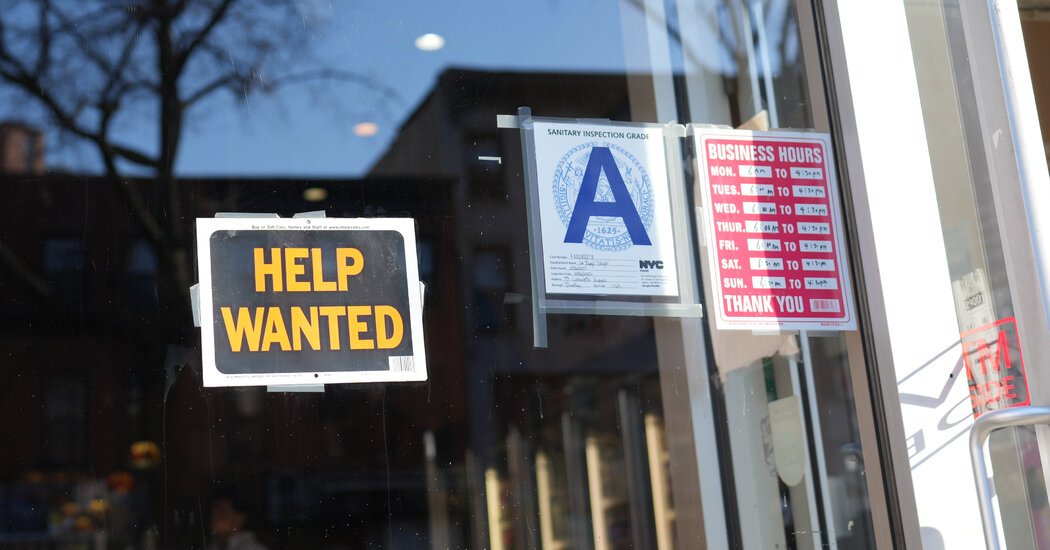European Union regulators on Monday opened an investigation into TikTok over potential breaches of online content rules aimed at protecting children, saying the popular social media platform’s “addictive design” risked exposing young people to harmful content.
The move widens a preliminary investigation conducted in recent months into whether TikTok, owned by the Chinese company ByteDance, violated a new European law, the Digital Services Act, which requires large social media companies to stop the spread of harmful material. Under the law, companies can be penalized up to 6 percent of their global revenues.
TikTok has been under the scrutiny of E.U. regulators for months. The company was fined roughly $370 million in September for having weak safeguards to protect the personal information of children using the platform. Policymakers in the United States have also been wrestling with how to regulate the platform for harmful content and data privacy — concerns amplified by TikTok’s links to China.
The European Commission said it was particularly focused on how the company was managing the risk of “negative effects stemming” from the site’s design, including algorithmic systems that it said “may stimulate behavioral addictions” or “create so-called ‘rabbit hole effects,’” where a user is pulled further and further into the site’s content.
Those risks could potentially compromise a person’s “physical and mental well-being,” the commission said.
“The safety and well-being of online users in Europe is crucial,” Margrethe Vestager, the European Commission’s executive vice president overseeing digital policy, said in a statement. “TikTok needs to take a close look at the services they offer and carefully consider the risks that they pose to their users — young as well as old.”









